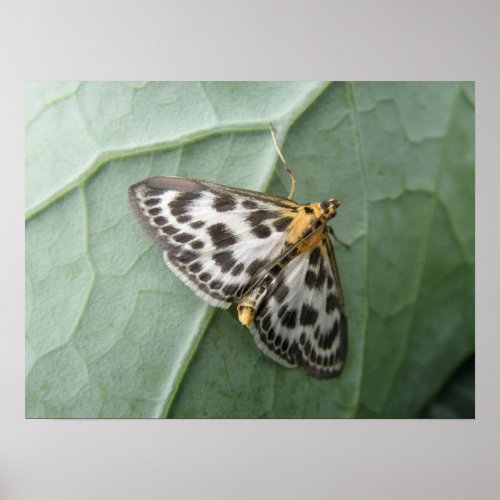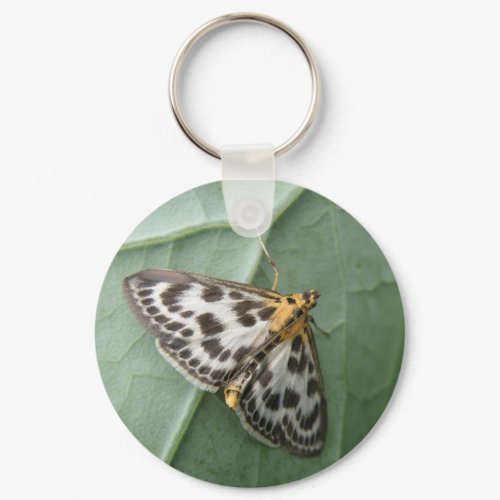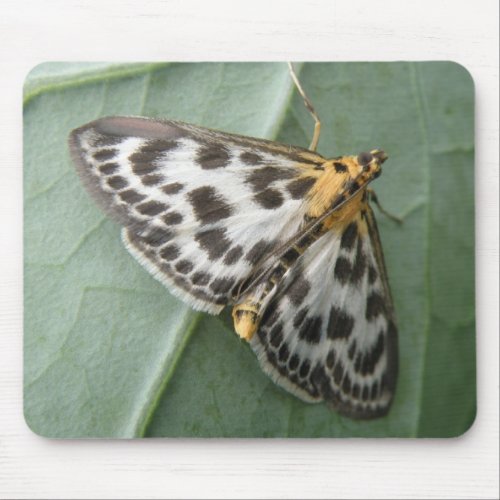In a time where more and more gardens are being lost to concrete it is really important to turn your garden into an inviting habitat for wildlife. You can do this and still have plenty to delight the senses.
Here are some tips for supporting your wildlife.
1. Garden ponds are very attractive places. You don't need a huge area of water to support frogs, toads and all sorts of insects like Dragonflies and Damselflies.
2. Rockeries can be made to look very attractive and will provide a cozy hibernation place for newts. Newts are great becuase they feed on slugs and other garden pests.
3. Compost bins are functional and will support lots of invertebrates that will encourage birds to come and forage in your garden.
4. Some of the most beautiful flowers are really helpful to insects. You can plant things like sunflowers, Lavender, Zinnia, Californian poppies and echinacea to attract bees and butterflies as well as making your garden look great.
Leaving a wild little area in the garden is really helpful to wildlife. I have some brambles, dandelions, nettles and wild grasses growing along with borage and Foxgloves. They grow around the compost bin with just a little path left to get to the bin. This helps mask the ugliness of the compost bin and also makes a great area for butterflies.
Without my little wild area I doubt I would have found a Small Magpie Moth in my garden resting underneath a Broccoli leaf. This is a very pretty species of moth that I was lucky enough to find and photograph.
Here are some products you can buy that feature this beautiful moth. The photograph used is my own photo taken in my own back garden.
So next time you feel like pulling up those nettles think again and you too could have this little moth living and breeding in your garden.



No comments:
Post a Comment